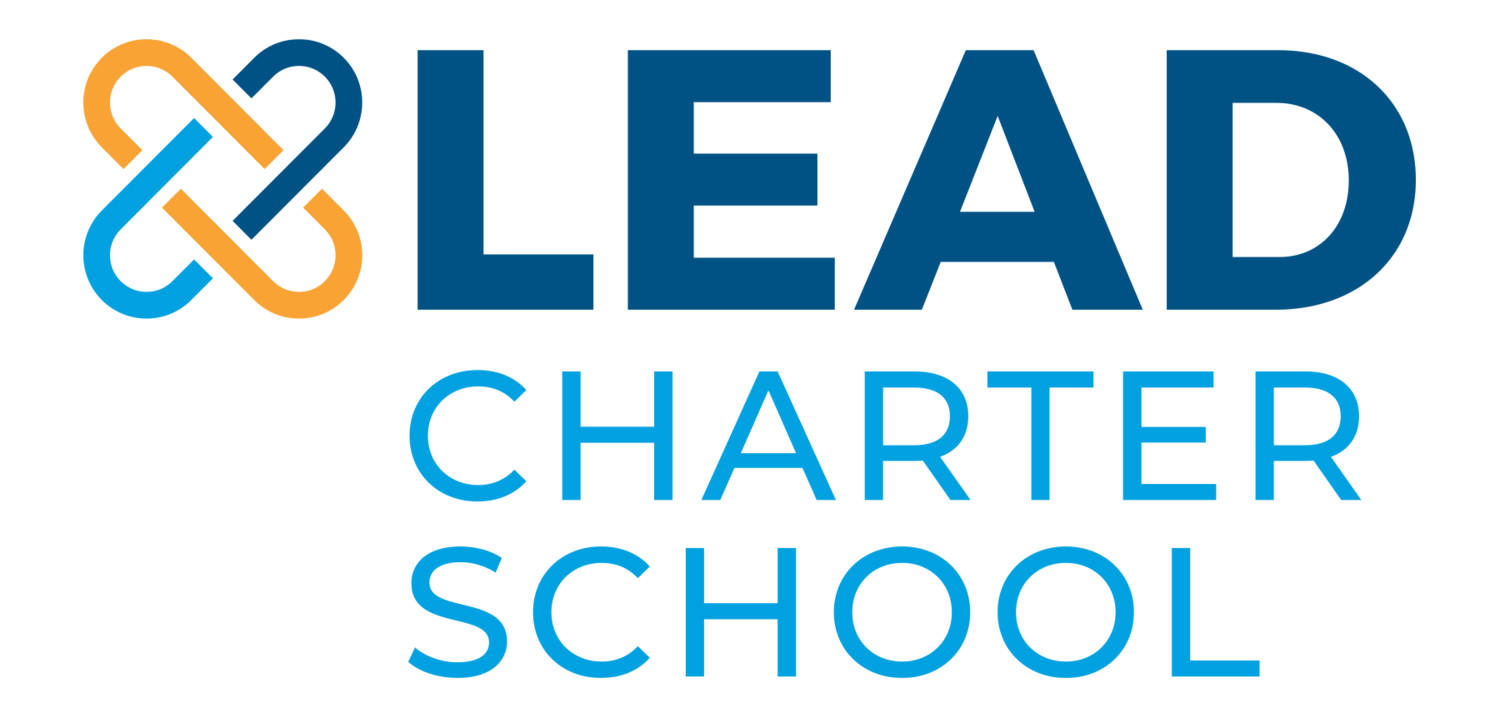When One Door Closes: How One Student Turned Loss into Leadership
When Kamiyah Lee joined the inaugural class of the Newark EMS Corps, she carried not only the weight of personal setbacks but also abandoned dreams. Following an injury that derailed her military aspirations, Kamiyah found herself searching for a new direction, one that would honor her resilience while creating a sustainable future for herself.
Long before Kamiyah considered Emergency Medical Services (EMS) as a career path, she had weathered profound personal challenges. "I had a pretty difficult upbringing as I experienced the unexpected losses of multiple very influential people in my life," she shared. "Without those crucial role models, I often felt as though I lacked emotional guidance and severely struggled with expressing and accepting various emotions, both negative and positive."
These early experiences of grief and loss left her navigating young adulthood without the support system many take for granted, making her military ambitions not just a career choice but a search for belonging. However, Kamiyah’s goals were cut short due to an injury that would make a career in the armed forces an impossibility. That is until she discovered Newark EMS Corp, a program organized by Newark Opportunity Youth Network (NOYN), and realized that when one door closes, another opens.
The EMS Corps program was originally launched in California, and after years of proven success, NOYN partnered with the GreenLight Fund Greater Newark and Public Works Alliance (PWA) to bring the initiative to the Newark community. NOYN operates the implementation of the Newark EMS Corps and, together with GreenLight Fund, provides the financial support necessary to run the program. PWA—a national nonprofit—leads efforts to expand the EMS Corps model both locally and across the country. The program offers a five-month, paid Emergency Medical Technician (EMT) training, along with job placement, mentoring, and comprehensive wraparound support to help graduates successfully enter the workforce.
But for Kamiyah, the EMS Corps program represented more than just vocational training, it offered an entrance into a field traditionally dominated by men. "People don't often see women, especially young women of color, in these roles. But that actually motivated me more. I wanted to show others like me that there's a pathway here for us too. The EMS Corps fostered authentic connections among participants who shared similar life circumstances and challenges, something she had been in search of after leaving the military.
The cohort experience transformed Kamiyah's perspective on education. "What made this different was how we could talk about real life, not just textbooks," Kamiyah explains. "We discussed our struggles as young adults trying to figure things out. The other students understood me in ways traditional classrooms never did."
This sense of community proved crucial, as the program demanded considerable discipline and focus. EMS training required rigorous study, hands-on practice, and unwavering commitment, elements that might have overwhelmed Kamiyah had she been navigating them alone.
Through the program’s comprehensive support system, which addressed practical barriers like academic challenges, Kamiyah discovered strengths she hadn't recognized in herself. This holistic approach allowed her to develop not just technical skills but also the confidence to pursue a career in a field she had never considered.
As she looks back on her experience, Kamiyah's journey illustrates how alternative education pathways can let hard lessons lay the groundwork for success and demonstrates that – with proper support, determination, and community – young people can pivot from detours to new destinies.
"This program changed my life," Kamiyah states with conviction. "It gave me more than just job skills, it gave me a new purpose and the chance to believe in myself again. What started as a backup plan has become my calling."

